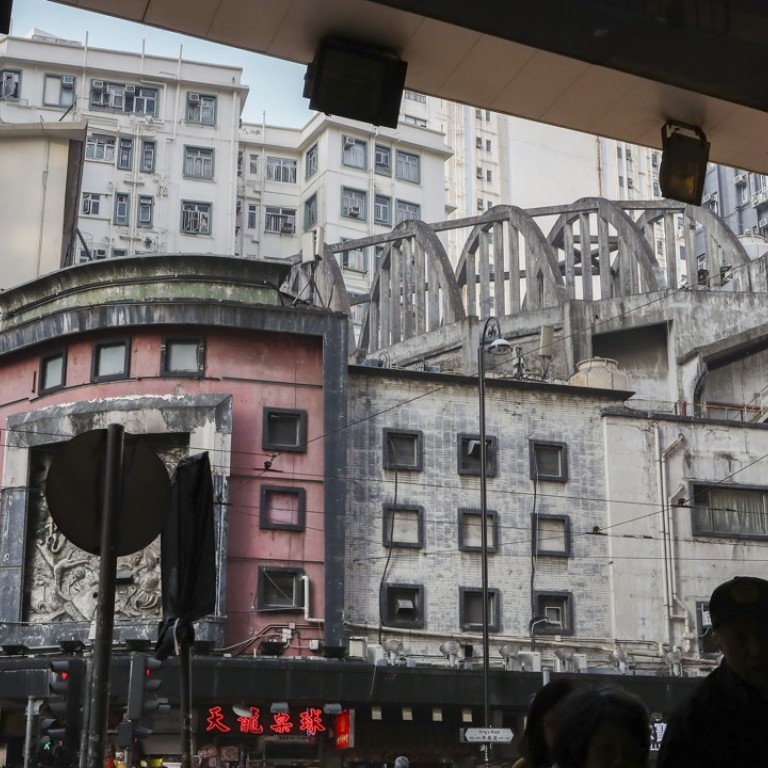
Hong Kong’s post-war heritage building grading needs to be placed in the hands of specialists
Besides the urgent need for a survey of post-war heritage buildings, as well as a specific set of guidelines to assess the worth of this broad range of architecture, we should ask: who grades Hong Kong’s historic buildings?
The process begins with a “scoring exercise” by a five-member assessment panel under the Antiquities Advisory Board, which includes the executive secretary of the Antiquities and Monuments Office (AMO). The panel “scores” the buildings it reviews before proposing grades for the board to adopt, or otherwise.
The grading of historic buildings is a serious matter [that] should not be subjected to myopic biases
Except for the AMO head, all members of this narrowly based panel were appointed back in 2005. It is time for a revamp. It is also important to recognise the fact that different experts could be required for each grading assessment, depending on the nature of different buildings.
What Shanghai can teach Hong Kong about conserving buildings of historical value
The grading of historic buildings is a serious matter, for it decides the fate of heritage belonging to 7 million Hong Kong people. The official assessment should therefore be based on the broadest, best-informed and most professional input from the community, and certainly not subjected to the myopic biases of a closed panel.
For the various proposed changes to materialise, the Development Bureau, under which heritage conservation falls, should commit resources to reform the historic buildings grading system. Act now to save the past for the future.
Paul Chan, Co-founder & CEO, Walk in Hong Kong

